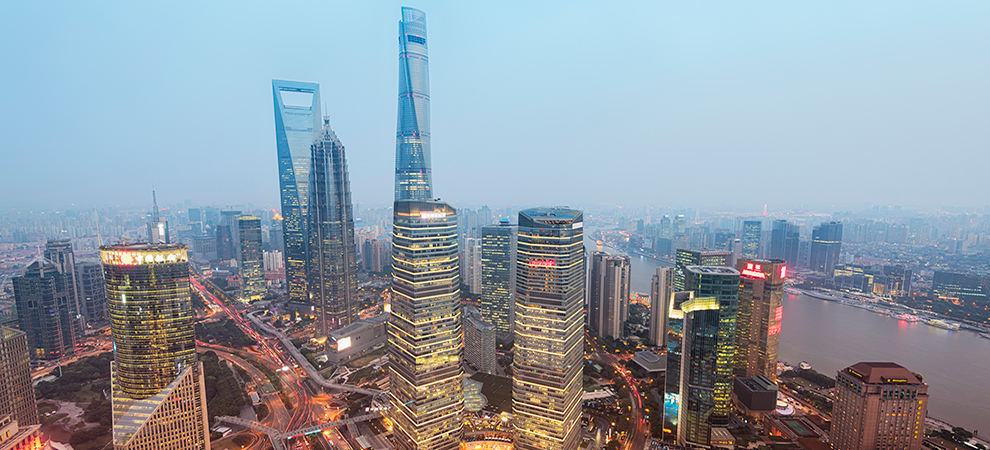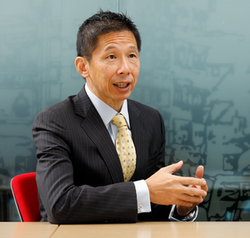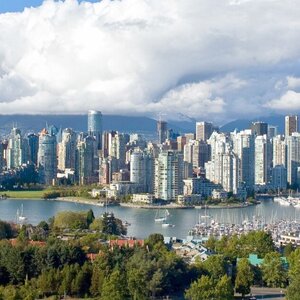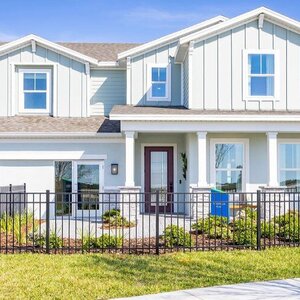The WPJ
THE WORLD PROPERTY JOURNALReal Estate Facts Not Fiction
Commercial Real Estate News

Asia Pacific Commercial Investment Activity Implodes in 2020, Driven by Coronavirus
Commercial News » Shanghai Edition | By Michael Gerrity | July 21, 2020 9:00 AM ET
Commercial investment down 32 percent year-on-year in first half of 2020
Global property consultant JLL is reporting this week that the full impact of the COVID-19 pandemic was felt deeper in Asia Pacific real estate markets in the second quarter of 2020 than the previous quarter, and contributed to investment volumes and rental prices declining across most major commercial asset classes in the first half of the year.
According to JLL, the first half of 2020 investment volumes in Asia Pacific declined by 32% year-on-year, with second quarter activity down by 39% year-on-year accelerating from a 26% drop in the first quarter.
The decline in investment volumes continued as more economies introduced lockdowns and travel restrictions, further impacting investors' short-term capital deployment plans. Singapore (-68%) and Hong Kong (-65%) registered the largest year-on-year investment declines in the second quarter, while drops in Australia (-58%), South Korea (-45%) and China (-15%) were offset by a resumption of activity in the latter parts of the second quarter. Investment activity in Japan (-20%) remained resilient due to transactions in the multi-family sector and strong domestic liquidity.
"The sharp decline in deal activity in the second quarter is reflective of the lack of willing sellers and the general uncertainty that exists around market recovery. Liquidity remains very high, and we expect transaction activity is poised to rebound in the second half as economies further reopen and pricing expectations are adjusted in certain markets," says Stuart Crow, CEO, Capital Markets at JLL in Asia Pacific.
Asia Pacific's office sector continues to report the highest investment volume, supported by strong institutional investor appetite for core markets. Defensive and operation-critical assets - logistics, education and data centres - are also gaining attention from investors, leading to a flurry of fund raisings and new joint ventures. Deal activity for retail and hotels remained stagnant in the first half.
With interest rates declining in most major markets, JLL data show a healthy spread between prime yields and bond yields in most sectors in Asia Pacific, providing an attractive environment for global investors looking to deploy approximately $40 billion* in dry powder into the region.
Muted leasing activity
Across Asia Pacific, office leasing was generally subdued during the first half, with only select markets posting quarter-on-quarter price increases. Office rentals inHong Kong's Central district observed the most substantial decline (-9.3%) with the backdrop of rising vacancies and weaker leasing demand. Beijing (-4.1%), Melbourne (-3.9%), Sydney (-3.5%) and Singapore (-3.3%) also reported sizable declines in the office rental prices. Osaka and Seoul's CBD office markets bucked the trend and outperformed in the second quarter, with rents rising 1% to 2%.
"Office leasing activity was relatively muted during the second quarter across Asia Pacific's major markets, as heightened economic uncertainty influenced decision-making and lockdowns created inspection challenges," says Jeremy Sheldon, Head of Markets at JLL in Asia Pacific. "While there were some relative bright spots in select areas, the market does remain unpredictable and all sides will be watching closely as the second half unfolds."
Retail was the most severely impacted by lockdowns, travel restrictions and social distancing, curtailing demand throughout the second quarter. Hong Kong's (-13.3%) retail leasing market posted the biggest decline across major Asia Pacific markets. Rents also declined across most of Southeast Asia, with Singapore (-8.5%) recording a significant moderation in prices.
The logistics and industrial sector proved the region's most resilient in the second quarter. Rental growth remained positive in Shanghai (+1.2%) and Sydney (+1.0%) and was largely stable in Singapore, Beijing, Sydney and Melbourne.

Nelson Wong
Nelson Wong, Head of Research at JLL in Greater China, said: ""The uncertainties in the property market remained as Hong Kong is now facing the third wave of COVID-19 infection. Rising unemployment, weak business prospects and continuing economic strains will weigh on housing prices."
Sign Up Free | The WPJ Weekly Newsletter
Relevant real estate news.
Actionable market intelligence.
Right to your inbox every week.
Real Estate Listings Showcase
Related News Stories
Commercial Real Estate Headlines
- One Trillion Dollars of America's Commercial Property Loans Mature in 2025
- U.S. West Coast Dominates Self Storage Demand
- Phoenix, Orange County and Inland Empire Emerge as Leading U.S. Industrial Markets
- U.S. Mega Distribution Centers Leasing Activity Grew in 2024
- U.S. Commercial Borrowing to Increase to $583 Billion in 2025, Up 16 Percent Annually
- Demand for U.S. Life Sciences Space Spikes 28 Percent Annually in Late 2024
- Multifamily Property Sector in America Rebounding
- Asia Pacific Commercial Property Investment Spikes 23 Percent in 2024
- U.S. Commercial Property Market Primed for Growth in 2025
- Architecture Industry Sees Mixed Signals as 2025 Approaches
- Global Data Center Demand Spikes in 2025
- 2025 Prediction: U.S. Commercial Investment Recovery Expected to Gain Traction
- Holiday Retail Sales for 2024 to Hit Record $1 Trillion
- Tech, AI Industries Drive Largest Share of Office Leasing Activity in U.S.
- Commercial Real Estate Lending in U.S. Enjoys Strong Growth in Q3
- U.S. Multifamily Market Begins Recovery in Q3
- Commercial Investment in Japan Spikes 24 Percent Annually in Q3
- Despite Return-to-Office Mandates, U.S. Office Vacancies Continue to Rise
- PROPSIG Tech Startup Acquired by World Property Data
- U.S. Commercial Mortgage Debt Hits $4.7 Trillion in Q2 as Delinquencies Increase
- Hong Kong Class A Office Rents Continue to Downtick in Mid-Summer
- U.S. Office Landlords Tenant Concessions Decline for First Time in 4 Years
- U.S. Commercial Mortgage Originations Spike 27 Percent in Q2 Over Q1
- Phnom Penh's Commercial Office, Retail Markets Face Slowdowns in 2024
- Global Edge Data Center Market to Hit $300 Billion by 2026
- Commercial Property Transactions in Japan Dive 25 Percent Annually in Q2
- Delinquency Rates for U.S. Commercial Property Loans Downticks in Q2
- Megawarehouse Lease Deals in U.S. Increase in 2024
- Office Tenants' Flight to Quality Buildings Increases in 2024
- Commercial Lending in Japan Upticks 6 Percent Annually in Q1
- AI Driving Significant Global Data Center Growth in 2024
- Total U.S. Commercial Mortgage Debt Rises to $4.7 Trillion in Q1
- U.S. Commercial Mortgage Delinquencies Rise in Early 2024
- Asia Pacific Office Sector to Further Reprice Throughout 2024
- U.S. Retail Foot Traffic to Surpass Pre-Pandemic Levels by 2025
- Commercial Real Estate Lending in U.S. Slowed in First Quarter
- Japan Commercial Property Investment Volume Jumps 7 Percent in Q1
- Asia Pacific Commercial Property Investment Leads the World, Spikes 13 Percent
- Driven by High Rates, U.S. Commercial Lending Imploded 47 Percent in 2023
- After Two Year Slump, Prime Multifamily Metrics Uptick in U.S.
Reader Poll
Marketplace Links
This website uses cookies to improve user experience. By using our website you consent in accordance with our Cookie Policy. Read More





